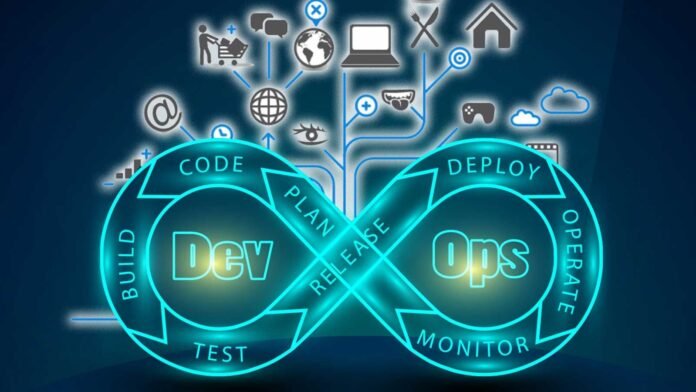DevOps, a set of practices that combine software development (Dev) and IT operations (Ops), aims to shorten the system development life cycle and provide continuous delivery with high software quality. As organizations increasingly adopt DevOps principles, individuals considering entering the field often wonder whether mastering DevOps is an easy or difficult journey. In this article, we’ll explore the nuances of DevOps and discuss the role of a DevOps Course in acquiring these skills.
Complexity of DevOps:
The complexity of DevOps lies in its comprehensive nature. DevOps encompasses a wide range of tools, practices, and cultural shifts. It involves collaboration among cross-functional teams, automated testing, continuous integration, continuous delivery, and continuous monitoring. Navigating this multifaceted landscape can be challenging for beginners, but the rewards in terms of efficiency and quality are substantial.DevOps certification training can provide individuals with the necessary skills and knowledge to navigate this multifaceted landscape effectively.
Cultural Shift:
One of the challenges in adopting DevOps is the cultural shift it demands. Successful DevOps implementation requires breaking down silos between development and operations teams, fostering a culture of collaboration, and promoting transparency. Managing organizational change and ensuring alignment across different departments can be a complex undertaking.
Tools and Automation:
DevOps heavily relies on automation to streamline processes and reduce manual interventions. While automation enhances efficiency, mastering the various tools – such as Jenkins, Ansible, Docker, and Kubernetes – can be intimidating for those new to the field. Learning to configure and integrate these tools seamlessly is a part of the learning curve.
Continuous Learning:
DevOps is a dynamic field, with new tools and practices emerging regularly. Staying current with industry trends, updates, and best practices requires a commitment to continuous learning. Keeping pace with the evolving DevOps landscape can be demanding but is essential for maintaining relevance and effectiveness in the role. To facilitate the learning process and ease the entry into the DevOps domain, various online and offline courses are available. These courses cover foundational concepts, tools, and best practices, providing a structured learning path for individuals. Some popular DevOps courses include:
- Introduction to DevOps:
- Provides an overview of DevOps principles, practices, and cultural aspects.
- DevOps Toolchain:
- Focuses on hands-on training with popular DevOps tools for automation, version control, and continuous integration.
- Containerization and Orchestration:
- Covers Docker and Kubernetes, key technologies in containerization and orchestration.
- DevOps Certification Courses:
- Offered by organizations like AWS, Microsoft, and Docker, these courses provide certifications that validate expertise in specific DevOps tools and platforms.
- Community Support:
DevOps has a vibrant community where professionals share experiences, challenges, and solutions. Engaging with this community can provide valuable insights, guidance, and support for individuals navigating the complexities of DevOps.
Conclusion
In conclusion, DevOps is both challenging and rewarding. While the complexity of its practices and tools may seem daunting initially, the availability of structured DevOps courses, coupled with a commitment to continuous learning, can significantly ease the journey. Embracing the cultural shift and fostering collaboration within organizations are integral parts of mastering DevOps. Ultimately, the difficulty of the DevOps journey depends on individual commitment, prior experience, and the resources invested in acquiring the necessary skills.



